There are no fortresses that Bolsheviks cannot storm
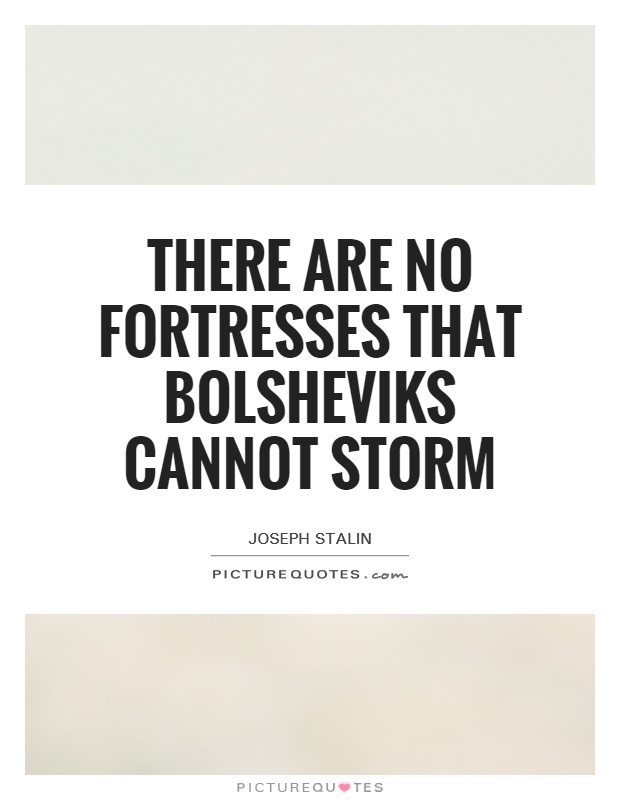
There are no fortresses that Bolsheviks cannot storm
The phrase "There are no fortresses that Bolsheviks cannot storm" holds particular significance in the context of Joseph Stalin's rise to power and his leadership of the Soviet Union. Stalin, a key figure in the Bolshevik Party, played a crucial role in the Russian Revolution of 1917 and the subsequent establishment of a communist government in Russia. His unwavering determination and ruthless tactics earned him a reputation as a formidable leader who was willing to do whatever it took to achieve his goals.Stalin's rise to power was marked by a series of power struggles within the Bolshevik Party, as various factions vied for control in the aftermath of the revolution. Stalin, known for his cunning and strategic thinking, was able to outmaneuver his rivals and consolidate his power within the party. He quickly rose through the ranks, eventually becoming the General Secretary of the Communist Party of the Soviet Union in 1922.
Once in power, Stalin wasted no time in implementing his vision for the Soviet Union. He embarked on a series of radical reforms aimed at transforming the country into a socialist state. His policies, which included rapid industrialization, collectivization of agriculture, and the suppression of political dissent, were carried out with ruthless efficiency. Stalin's iron-fisted rule earned him a reputation as a dictator who brooked no opposition and was willing to use any means necessary to maintain his grip on power.
The phrase "There are no fortresses that Bolsheviks cannot storm" encapsulates Stalin's approach to governance. He saw himself as a revolutionary leader who was willing to break down any barriers standing in the way of his vision for a socialist society. Stalin's willingness to use force and coercion to achieve his goals was a hallmark of his rule, and his regime was marked by widespread repression and violence.
Despite the immense human cost of Stalin's rule, there is no denying the impact he had on the Soviet Union and the world at large. His leadership transformed the Soviet Union into a global superpower and laid the groundwork for the spread of communism throughout Eastern Europe and beyond. While his legacy is a controversial one, there is no denying that Stalin was a formidable leader who was able to storm the fortresses of power and reshape the course of history.

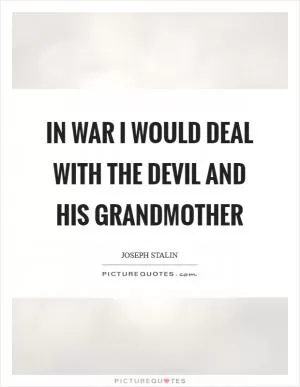
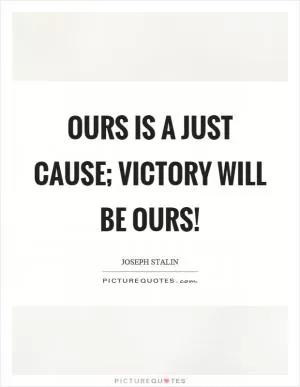
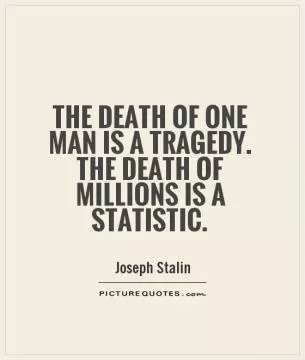
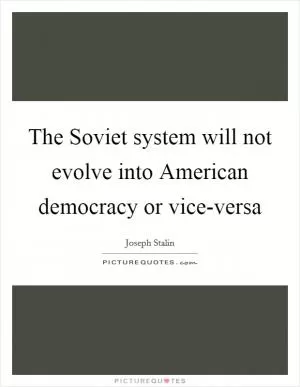







 Friendship Quotes
Friendship Quotes Love Quotes
Love Quotes Life Quotes
Life Quotes Funny Quotes
Funny Quotes Motivational Quotes
Motivational Quotes Inspirational Quotes
Inspirational Quotes